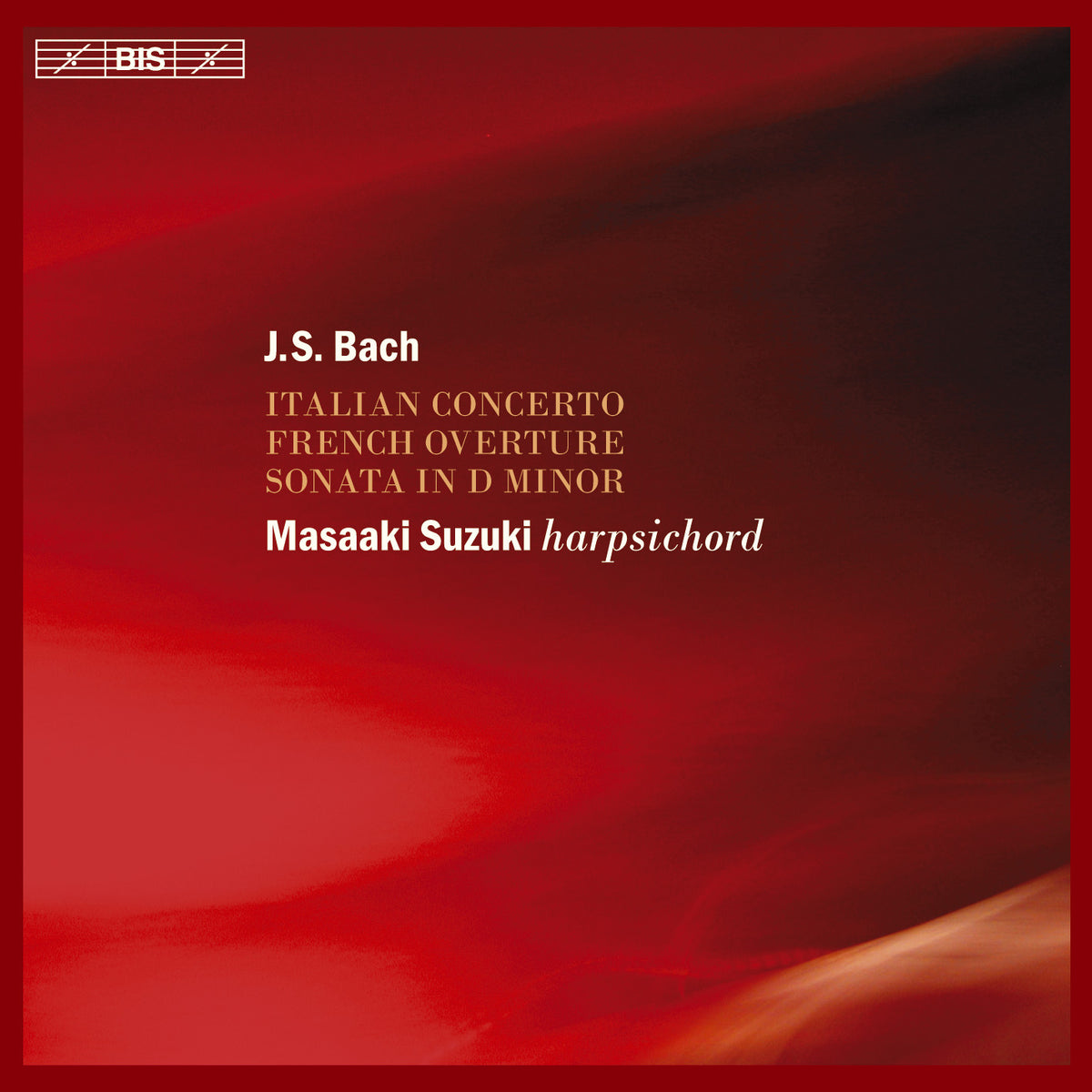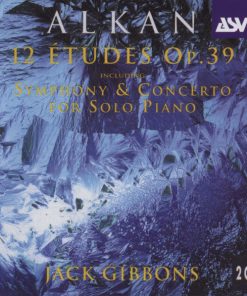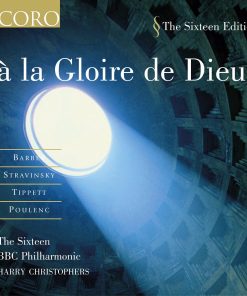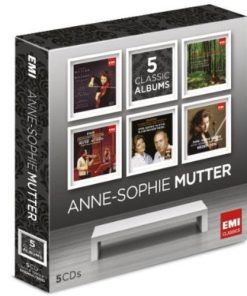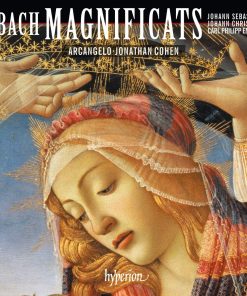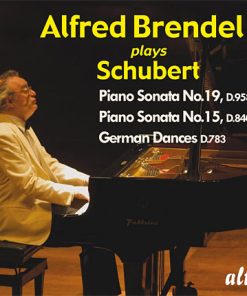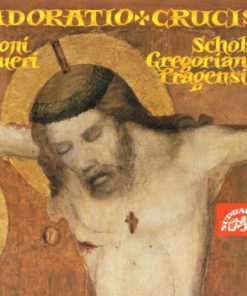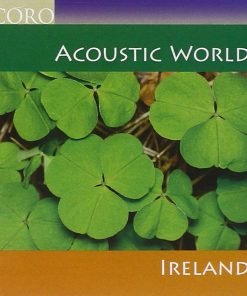BACH, J.S.: Italian Concerto; French Ouverture – Masaaki Suzuki, harpsichord BIS
$ 5,00 $ 3,00

In between concerts, recordings and tours with his Bach Collegium Japan, the indefatigable Masaaki Suzuki still manages to make time for the harpsichord – to the joy of reviewers and music lovers alike. His previous recordings of Bach’s keyboard music have been highly praised. Most recently the French Suites (BIS-CD-1113/14) was made Critic’s Choice in American Record Guide, and the reviewer in Fanfare called the double-CD ‘an immensely stimulating listening experience…the most compelling set of these utterly winning suites.’ The Partitas (BIS-CD-1313/14) met with equal enthusiasm, and was described as ‘a distinguished and deeply considered account’ in The Gramophone and as ‘fascinating, probing and compelling versions’ by the Goldberg website.
Now the turn has come to the Italian Concerto and its companion piece the French Overture. The two works, which make up the so-called Clavier-Übung 2, demonstrate Bach’s familiarity with two main orchestral genres – the concerto and the overture suite – which respectively represent two important national styles of the day, Italian and French. As Yo Tomita argues in his liner notes, Bach’s aim was to extract these two distinct styles and give them expression in two keyboard works. Maybe he succeeded too well as the Italian Concerto, in particular, was hailed by some contemporaries as an indication that Bach was moving away from his ‘old-fashioned’ contrapuntal style… Highly characterful music then, in a programme which is complemented by the Sonata in D minor, a transcription – probably by the composer himself – of the Sonata in A minor for solo violin.

Johann Sebastian Bach
Italian Concerto, BWV 971 13’16
01 I. Allegro vivace e con brio 4’08
02 II. Andante 5’15
03 III. Presto 3’53
French Overture in B minor, BWV 831 34’28
04 I. Ouverture 12’50
05 II. Courante 2’09
06 III. Gavotte I & II 3’44
07 IV. Passepied I & II 3’00
08 V. Sarabande 3’49
09 VI. Bourrée I & II 3’08
10 VII. Gigue 2’40
11 VIII. Echo 3’08
Sonata in D minor, BWV 964, after Sonata in A minor for solo violin, BWV 1003 20’16
12 I. Adagio 3’00
13 II. Allegro 6’47
14 III. Andante 5’02
15 IV. Allegro 5’27
Album total 69’19
Fast Shipping and Professional Packing
Due to our longstanding partnership with UPS FedEx DHL and other leading international carriers, we are able to provide a range of shipping options. Our warehouse staff are highly trained to pack your goods exactly according to the specifications that we supply. Your goods will undergo a thorough examination and will be safely packaged prior to being sent out. Everyday we deliver hundreds of packages to our customers from all over the world. This is an indication of our dedication to being the largest online retailer worldwide. Warehouses and distribution centers can be located in Europe as well as the USA.
Orders with more than 1 item are assigned processing periods for each item.
Before shipment, all ordered products will be thoroughly inspected. Today, most orders will be shipped within 48 hours. The estimated delivery time is between 3-7 days.
Returns
The stock is constantly changing. It's not entirely managed by us since we are involved with multiple parties such as the factory and our storage. The actual stock can fluctuate at any time. Please understand it may happen that your order will be out of stock when the order is placed.
Our policy is valid for 30 days. If you haven't received your product within 30 days, we're not able to issue either a return or exchange.
You are able to return a product if it is unused and in the same condition when you received it. It must also still remain in the original packaging.
Related products
MUSIC CD
MUSIC CD
MUSIC CD
